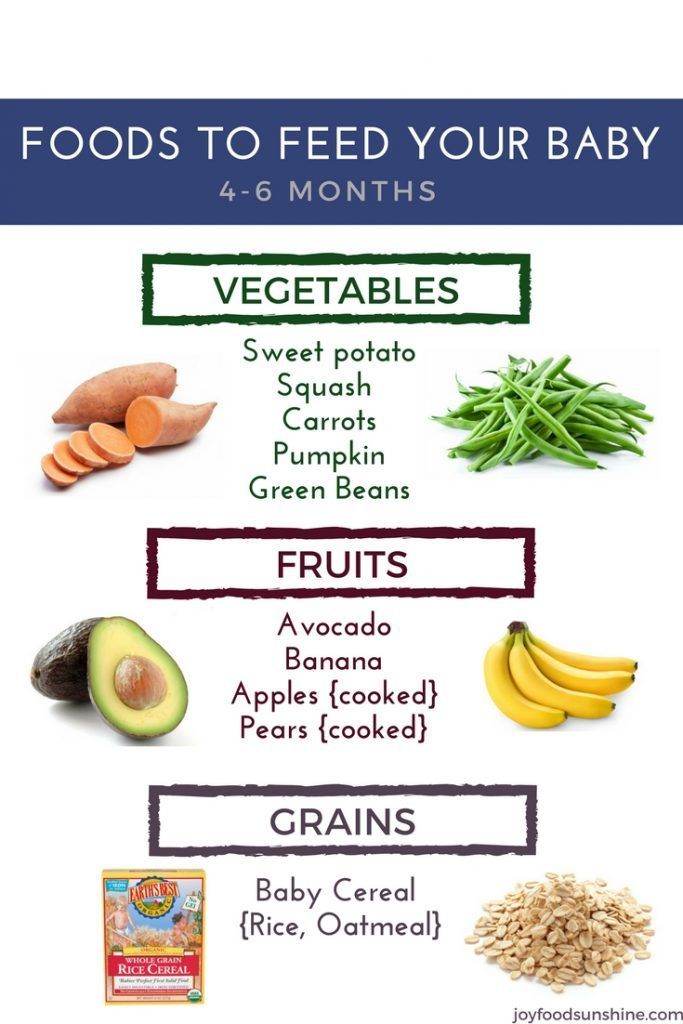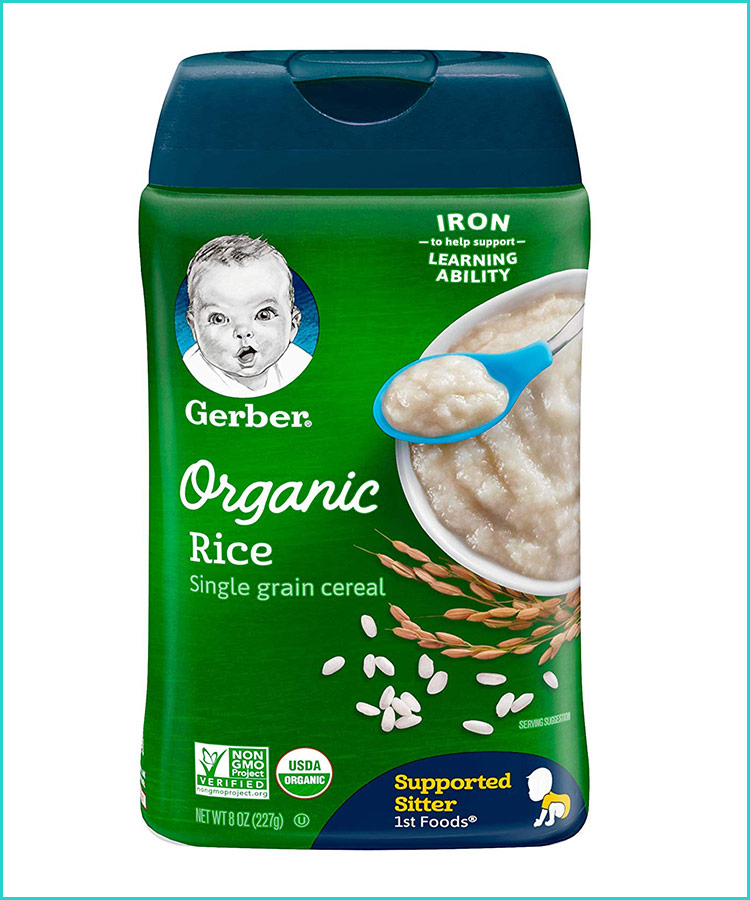Tips to stop feeding baby at night
How to Stop Night Feeds in Your Child and Sleep Better
Before you starting thinking about sleep training, you need to look at your child’s eating habits at night. I would strongly recommend that you stop any caloric intake as one of your first steps in getting your child to sleep through the night. Sometimes, stopping nocturnal feeds is all you need to do to get your child to sleep through the night. Here’s my guide on how to stop night feeds and get better sleep at night.
Free Bonus: I created a quick guide to help you stop feeding at night. It’s a quick 4 page PDF you can save and reference later as you try this yourself. Click Here to get the guide, free.
Years ago, I ordered a sleep test on an obese four year old who was waking up multiple times during the night. Since he snored, I thought it was possible that he might have obstructive sleep apnea. As it turns out, he had a different problem. The tech noted that the child was waking up every two to three hours as the mother had told me. What she had not told me was that she was giving him an 8 oz bottle of milk every time he woke up. Thus, we solved two mysteries– why he was waking up, and why he was obese.
The fact is, unless your child is an infant, he does not need to eat between bedtime and wake time. Addressing this issue can help him (and you) sleep better at night.
Why does feeding at night result in sleep disruption?
Imagine I woke you up every night at 2 AM and gave you an ice cream sundae. One week later, I stop feeding at night. But you still would wake up hungry. This is what happens to some kids. It is unclear why this is the case. I suspect that some parents get in the habit of responding to any nocturnal awakenings with feeding. Just like you might feel sleepy after having that ice cream sundae, they go back to sleep. Over time, the pattern gets reinforced. I call this pattern learned hunger.
When can I stop feeding at night?
There are a couple of questions to consider.
- Is your child growing well? If the answer is no, your child may need those calories at night. If you are not sure how your child is growing, please talk to your pediatrician.
- How old is your child? Bottle fed infants typically can wean off night feeding by 6 months of age. Breast fed infants tend to take longer, up to a year of age. The American Academy of Pediatrics recommends exclusive breastfeeding for six months, with the addition of complementary foods continuting up to a year, or longer “as desired by mother and infant”. It’s important to note that night weaning can lead to weaning altogether. More on this below.
- Do you want to continue night nursing? Some moms, especially those who work outside of the home, value the closeness and extra time that night nursing provides. If that is the case, you don’t need to stop, provided that you are getting enough rest.
 If not, you may need to make a choice between getting better sleep and dealing with a dwindling milk supply.
If not, you may need to make a choice between getting better sleep and dealing with a dwindling milk supply.
How to stop feeding at night
There is one guiding principle here. Don’t go cold turkey. It is equivalent to asking your child to skip a meal every day. They could do it, but they would be miserable (and so would you). Instead, the plan is to make slow incremental changes over time. These changes are relatively easy to make and your child will tolerate them well.
Free Bonus: I created a quick guide to help you stop feeding at night. It’s a quick PDF you can save and reference later as you try this yourself. Click Here to get the guide, free.
How to stop bottle feeding at night
So, your child is over six months of age, growing well, and still feeding frequently at night. If you child drinks milk (breast, cow, goat, or otherwise) or formula, this is relatively straightforward. There are two ways to to wean this, and I have a strong preference for the first one.
- Wean one ounce a night: Let’s say your child takes three 4 oz bottles a night. You take the last bottle and reduce it by an an oz on night one. On night 2, you reduce bottle 2 by 1 oz. On night 3 you reduce Bottle #1 by 1 oz. When a bottle gets down to 2 oz, substitute a bottle of water. After this step, you get rid of the bottle. Whatever you do, don’t wake up your child if they sleep through a feeding– that is the goal. If they skip a feeding one night but wake up the following night for that feeding, it is OK to give them the scheduled bottle. Expert tip: write this schedule out beforehand. You won’t remember it in the middle of the night.
Here’s this example by by night:
Night 1: 4 oz, 4 oz, 3 oz
Night 2: 4 oz, 3 oz, 3 oz
Night 3: 3 oz, 3 oz, 3oz
Night 4: 3 oz, 3 oz, 2 oz
Night 5: 3 oz, 2 oz, 2 oz
Night 6: 2 oz, 2 oz, 2 oz
Night 7: 2 oz, 2 oz, h30
Night 8: 2 oz, h30, h30
Night 9: h30, h30, h30.
I would limit the water bottles to 2 oz, simply to reduce the amount of urine produced and wet diapers to deal with. If your child doesn’t want the water, that is fine. But don’t give in and give the milk.
If your child doesn’t want the water, that is fine. But don’t give in and give the milk. - All other methods: The other ways to do this include increasing the amount of time between feeds, and reducing calories in each bottle. I don’t like the first way, because then you drag out the intervals when your child is potentially crying. I don’t like the second because a) it’s too complicated to figure out how to dilute the milk night to night b) milk + water = gross.
How to stop breastfeeding at night
Free Bonus: I created a quick guide to help you stop feeding at night. It’s a quick 4 page PDF you can save and reference later as you try this yourself. Click Here to get the guide, free.
This is a bit of a more complicated topic. I reached out to my friend and former colleague Dr. Sylvia Romm for more information on this topic. Sylvia is a pediatrician and the founder of Milk On Tap, a company which provides lactation support to families via the internet. Here’s what she has to say about the evolution of nocturnal feeding in infants:
Here’s what she has to say about the evolution of nocturnal feeding in infants:
- All babies are born eating every 2–4 hours, even at night
- A mother’s body only makes more milk if milk is emptied from the breast. If milk is left in the breast, the body gets the signal that it should make less milk
- Women have different capacities for milk storage (it doesn’t have anything to do with breast size). Women with larger capacities can go longer before their breasts are full, and therefore can go longer before their milk supply is affected. Women with smaller capacities have to feed more often, or their milk will go down.
- In the early weeks, breastfed babies should rarely go longer than 4 hours without eating, not only to ensure that the baby is eating enough, but also to ensure mother’s milk supply is established. Even then, most women need to breastfeed at least 8 times per day, although some women can breastfeed often during a period of time (usually during the night, called cluster feeding) and can go longer chunks of time at other times in the day without affecting their supply.

- After about 4–6 weeks, some women can start to feed their children less often, generally moving towards 6 times per day. These are usually women with a larger capacity. These women can start to find that they may be able to go longer stretches at night.
- At this age, most babies will still want to wake often at night, and so night feedings are more for the baby.
- At 2–3 months, some babies can go for longer stretches at night (by that I mean starting to break the 6 hour mark). That’s when mother’s supply can begin to be an issue. Mothers without the larger capacity report that they can never go more than 6 hours without breastfeeding, or their supply starts to go down.
- There are no studies out there that look at this topic, but from my anecdotal experience, I believe that the push to sleep train at 4 months in the US contributes to women “not making enough milk”, or saying that their “milk just dried up”. This is a common age for mothers to both report that they are encouraging their babies to sleep longer and for women to report that their milk supply is failing to keep up with their baby’s needs.

- However, that’s OK, As long as mothers realize that night weaning may lead to complete weaning at this age.
- Many mothers report that they need to do an extra pump or feed at night once their child is sleeping longer at night. If you do feed, trying a dream feed (where you don’t wake up the child but feed them anyway) can both help a child sleep longer and help mother keep up her supply.
As Sylvia points out, there is actually not much research to provide guidance with night weaning. She notes that this can be a “confusing and difficult journey for parents and baby.”
Sylvia notes are a couple of different ways to go about night weaning.
- You can shorten each night feeding session: This can be hard to do, however, as it is hard to be disciplined and watch the clock in the middle of the night.
- You can space out the feeds: If your child feeds on a pretty regular schedule, you can try to stretch out the interval between feeding.
 However, this is pretty hard to do if your kid is crying.
However, this is pretty hard to do if your kid is crying. - Get Dad (or the non-nursing partner) involved: This might be the most effective method, Syliva says, “I’ve found that the most successful method is moving the child out of the bed and picking a middle of the night wake up that’s usually a feeding, but sending dad in to the kid instead. That way the baby can be comforted back to sleep, but they learn that it’s not a feeding time. Dad can’t give in, so that temptation is removed. It gets dad involved, and gives mom more sleep. Honestly, I love daddies, but usually if the baby isn’t fed, the kiddos just start sleeping through that wake up.”
Note that options 2 and 3 are going to be pretty difficult if you are bedsharing with your child. So you may want to move your child out of your bed first. (Here’s my post on how to stop cosleeping the least painful way possible).
The Take Home
Many families, especially those who are breastfeeding, may struggle with letting go of night feeds. However, when you are ready to do so, making the changes above can go a long way towards an uninterrupted night of sleep. Please share this article if you find it useful, and leave any questions you have in the comments.
However, when you are ready to do so, making the changes above can go a long way towards an uninterrupted night of sleep. Please share this article if you find it useful, and leave any questions you have in the comments.
Free Bonus: I created a quick guide to help you stop feeding at night. It’s a quick 4 page PDF you can save and reference later as you try this yourself. Click Here to get the guide, free.
How and when to wean your baby off of night feedings
Wondering when to wean your baby off the bottle or breast at night? Most babies can make it through the night without eating when they're 6 months old. You may be able to start night weaning your baby when they're 4 months old, or you may choose to wait until later. The key is to ensure your baby is getting plenty to eat during the day and right before bedtime. You can then gradually cut back on the amount of breast milk or formula and the number of times you feed your baby at night.
Can you hardly wait for your baby to sleep through the night? Fortunately, that milestone may be closer than you think. Many babies are able to sleep for at least six hours at a stretch when they're 3 months old, or weigh 12 to 13 pounds. However, some babies take longer: Roughly one quarter aren't sleeping six hours overnight by the time they hit their first birthday.
Many babies are able to sleep for at least six hours at a stretch when they're 3 months old, or weigh 12 to 13 pounds. However, some babies take longer: Roughly one quarter aren't sleeping six hours overnight by the time they hit their first birthday.
Babies wake during the night for many reasons, but notably because they're hungry. In the early months, babies need to eat every few hours, including through the night. Gradually, however, babies need to eat less and less at night – until by 6 months of age (possibly sooner or later), your baby may quit nighttime feedings and go up to 12 hours without waking to eat.
Sometimes babies self-wean from night feedings with no help from you – they'll just sleep through the night suddenly and never look back. But sometimes you have to nudge them, especially if they're down to one nighttime feeding they just aren't dropping.
Night weaning your baby means ensuring they get enough to eat during the day so they don't need to wake at night to eat. Here's how to get started.
Here's how to get started.
When will my baby be ready for night weaning?
This varies, but somewhere between the ages of 4 and 6 months, most babies get enough calories during the day to sustain them for five or six hours at night.
It's not unusual for younger babies to sleep for much longer stretches without needing to eat – or for older ones to continue waking up to eat. Even if your baby doesn't need to eat in the middle of the night, they may still wake up wanting to. Babies who are used to eating several times a night tend to wake up out of habit, and it can take time to change this routine.
If you've recently gone back to work and are less available during the day, your baby may want to nurse or take a bottle at night as a way of reconnecting with you. And you may notice that your baby wakes up more often when they're teething, if they catch a cold, or when they're mastering a developmental milestone.
For all these reasons, it's helpful to approach the weaning process gradually and gently. Keep in mind that your baby is still young and has a tremendous need for comfort, closeness, and reassurance – particularly from you.
Keep in mind that your baby is still young and has a tremendous need for comfort, closeness, and reassurance – particularly from you.
Should I start night weaning my baby?
Many experts recommend night weaning around the time babies are 6 months old, because at that point most babies don't physically need to eat at night. At this age, most babies wake to eat out of habit. And if you do wait to night wean your baby when they're older, know that it can be more challenging to wean a toddler off of night feedings. But the timeline isn't set in stone: You can start trying to get your baby to sleep longer stretches between feedings as early as 4 months of age, or much later than 6 months old.
Ultimately, it's your choice whether to night wean or not. It's hard to maintain your own health and well-being if you're chronically sleep deprived. The decision to end your baby's night feedings depends in part on how they're affecting you.
If you enjoy nursing or giving a bottle to your baby at night, you can continue until your baby eventually quits on their own. On the other hand, if you find yourself feeling grumpy and exhausted, it may be time.
On the other hand, if you find yourself feeling grumpy and exhausted, it may be time.
Keep in mind that your baby's sleep and nutritional needs may vary if they aren't gaining weight as expected or if they were born prematurely. If you're not sure whether your baby's ready for night weaning, talk to your child's doctor. The doctor can help you sort through any issues and help you make your decision based on how your baby's growing.
How to wean your baby off of night feedings
Once your baby is ready to give up night feedings, try the following techniques:
- Make sure your baby gets plenty to eat throughout the day. As your baby grows and becomes more active, they may not want to stop to nurse or take a bottle during the day, and they may try to make up for it at night. To make sure they get enough to eat, take scheduled breaks during the day for a quiet bottle or nursing session in a place with no distractions. (If you're not sure that your child is eating enough, check their growth by having them weighed at the doctor's office.
 )
) - Start the night weaning process slowly and gradually. Nurse your baby for a shorter period of time on each breast or give them a smaller amount of breast milk or formula in their bottle when they wake at night. Try to prolong the intervals between feedings by patting and comforting your baby back to sleep.
- Offer extra feedings in the evening. If your baby goes to bed with a full tummy, they're less likely to wake up hungry in the middle of the night.
- Give a "dream feed." After your baby's already asleep – say at 11 p.m. or so – you may want to wake your baby for a final feeding before you go to bed yourself.
- Avoid night weaning during times of transition. For example, wait if you're just about to return to work or take a family vacation. If you've recently become less available during the day, make sure to give your baby extra cuddle time when you're together, so they'll feel more connected and be less likely to seek comfort in the middle of the night.

- Gradually eliminate feedings, one at a time. Gently soothe and comfort your baby when they wake up, and explain that it's time to sleep, not eat.
- Keep any feedings you do at night short and sweet. That way your baby won't wake to eat just because they've come to expect late-night cuddles.
- Consider sleep training. If your baby seems to eat plenty during the day but still wakes at night, it may not be because they're hungry but because they're used to it. At this point, you may want to consider baby sleep training to help your little one learn to self-soothe back to sleep.
Night weaning if you're breastfeeding
Suddenly stopping the frequency of your nighttime nursing sessions can lead to painful engorgement and increased likelihood of developing an infection known as mastitis. That's one more reason it's good to start slow and drop one feeding at a time, so your breasts can get used to your new routine more easily.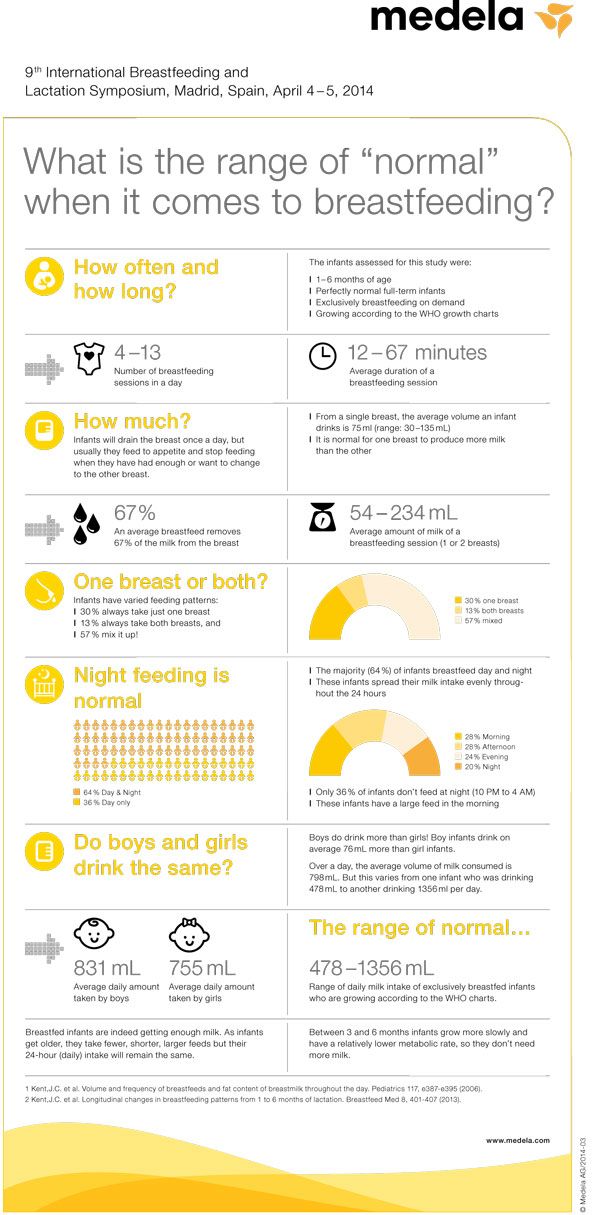 In the meantime, you may find that you initially need to wake up and pump breast milk during the night to relieve engorgement.
In the meantime, you may find that you initially need to wake up and pump breast milk during the night to relieve engorgement.
A key to night weaning your baby is making sure they're getting enough to eat during the day. You may find that you need to pump after one or more feedings during the day, then save the additional milk for an extra feeding in the evening. This can help boost your milk supply as well as ensure that your baby fills up before bedtime. As always, you'll know your baby is getting enough to eat if they're gaining weight as expected and having at least six wet diapers during the day.
Once your baby is around 6 months old, they'll start solids. Breast milk will still be your baby's main source of nutrition, although you may find that they need to breastfeed less as they gradually eat more solid foods.
Night weaning if you're formula feeding
If you're bottle-feeding and ready to night wean your baby, make sure they get enough to eat during the day. By 6 months of age, formula-fed babies need to eat between 6 to 8 ounces (or 180 to 240 mL) per bottle, four to five times every 24 hours.
By 6 months of age, formula-fed babies need to eat between 6 to 8 ounces (or 180 to 240 mL) per bottle, four to five times every 24 hours.
Once your baby starts solids, formula will still be their main source of nutrition. But with time, solid foods will cover more of your baby's nutritional needs – and you'll eventually start giving your baby fewer bottles with slightly more formula in each. The bedtime bottle is usually the last to go, and even once you wean your child off it, you may want to give them a bedtime snack or a cup of milk to help them make it through the night without getting hungry.
Learn more:
- Baby sleep 101 virtual course
How to wean a child from night feedings
The child is already one and a half years old, but does he still wake up at night and demand to eat? Many parents face this problem. Someone in such cases is trying to rock, others offer to breastfeed, others give some water or milk formula. And what is the right thing to do in such a situation?
Responsible Olga Valerievna Alekseeva , manager Pediatric Branch Krasnoyarskaya Interdistrict Clinical hospitals No. named after and . C . Berzona :
named after and . C . Berzona :
- A breastfed baby can receive mother's milk at night, even if he is over a year old. Of course, if the child sleeps all night, it is not necessary to wake him up. But if he asks, you can give a breast. Breast milk is digested much easier than other products. With bottle-fed babies, the issue is somewhat more complicated, if the child is used to receiving formula at night, then it is recommended that at about the same time (a year and a half) wean from night feedings.
Why at night is harmful ?
Dentists often write in scientific articles about dental problems in children who, day and night, do not part with a bottle of sweet tea or juice. Frequent intake of something sweet, especially at night, leads to cavities and more serious dental problems. Therefore, it is highly recommended to avoid sugary drinks at night, even if it is fruit yogurt or “no added sugar” baby juice (juices still contain fruit acids, which can also be dangerous for enamel).
Therefore, it is highly recommended to avoid sugary drinks at night, even if it is fruit yogurt or “no added sugar” baby juice (juices still contain fruit acids, which can also be dangerous for enamel).
Another reason why you should not eat at night is the mode of operation of the gastrointestinal tract. Eating is a load on the digestive glands, which must also rest at night. Ideally, the child's nutrition should be according to the regimen: three main meals (breakfast, lunch, dinner) and 2-3 additional (for example, second breakfast, afternoon tea, milk drink at night, without any other snacks) and about one and the same time. Then the body will be better prepared for eating, the process of digestion will be better. How to teach a baby to eat from a very early age, so he, most likely, will eat in the future.
How Take out Child is according to Nights ?
If wake up at night and not may fall asleep without , at first 9 9009 9 9009 find out , enough whether him food in the afternoon . Maybe he's really hungry at night. Before canceling nightly meals, it is necessary to assess the weight and height of the baby (whether there is a deficiency), and also compare his daily diet with that due to age. If it is difficult for the mother to do this herself, you need to contact the pediatrician.
Maybe he's really hungry at night. Before canceling nightly meals, it is necessary to assess the weight and height of the baby (whether there is a deficiency), and also compare his daily diet with that due to age. If it is difficult for the mother to do this herself, you need to contact the pediatrician.
You can adjust the diet, for example, by “strengthening” dinner: if the child usually eats vegetables, give porridge instead, it will give better satiety and reduce the likelihood that the child will wake up hungry at night. If the baby is on formula, special evening formulas can be used before bedtime, milk drinks levels 3 and 4 are an important part of the nutrition of a child over one year old. After correcting the daily diet, it is necessary to gradually reduce the amount of mixture or kefir that the child eats at night. For caloric content, the child now does not need them, it's just a habit. A simple trick will help prevent stress, make the rejection of the nutrient mixture less painful: dilute the baby food with water, gradually reduce the percentage of the mixture.
Most pediatricians and psychologists advise involving a man in the process of weaning from night feedings. Let dad put his one-year-old son or daughter to bed more often, sing songs, and mom sit next to him, but not take the child in her arms. Gradually, the mother moves away from the crib so that the father can fully pay attention to the child, and the mother is out of sight. It’s good if a man also calms the baby at night.
It is unlikely that you can quickly stop night feedings, but this is necessary for the health of your child. With an integrated approach, you will succeed!
Press - service KGBUZ "KMKB No. 20 named after and . C . Berzon , t . 264-00-71, press@krasgkb20. ru
ru
How to wean a child from night feeding: step-by-step instructions from a pediatrician
It seems that the little one, bravely tasting broccoli, will very soon be able to do without midnight snacks. But there is a time for everything: first of all, we deal with the schedule of daily meals, build a daily routine. And only after that we begin the process of smoothly weaning the child from night feedings.
Until what age to keep night feedings
Eating at night is a physiological need for children under one year old. It contributes to the harmonious growth of the child and provides his mother with stable lactation - when it comes to breastfeeding. It is also important for artificial babies to have round-the-clock access to nutrients in order to develop properly.
The older children get, the less often they get up at night to satisfy their hunger: newborns wake up 3-4 times, one-year-olds usually have fewer feedings. Of course, this process is different for every baby, so watch your baby carefully and don't hesitate to ask your pediatrician for advice if you're worried about something.
It is worth it to postpone with the refusal of night feeding if the child:
| Doils weight | worries due to teething | Cravation |
| The time of | ,"walks" during the day |
Night feedings and breastfeeding
The World Health Organization recommends breastfeeding children up to two years of age. There is no contradiction: reducing nightly attachments by no means means a complete rejection of breastfeeding if the mother does not want it.
The normalization of sleep - and that is what we are talking about in this case - is necessary when chronic fatigue and lack of sleep become a problem for parents.
- Lack of night feedings is not the same as the baby is ready to wean, and vice versa, says Ekaterina Zayets, lactation consultant, pediatrician , course leader for pregnant and lactating mothers . - Everything is individual: there are families in which there are several feedings during the day, and there are no night feedings from eight months.
- Everything is individual: there are families in which there are several feedings during the day, and there are no night feedings from eight months.
Night feeds and formula feeding
It is believed that formula-fed babies are much easier to wean from eating at night: they do not have the habit of falling asleep on the chest. But, again, everything is very individual. Some children continue to demand a bottle of formula, and their peers easily part with nightly attachments and sleep sweetly until the morning.
What to do to wean a child from night feedings
Weaning in stages
Observe your child's behavior before reducing the number of night feeds.
What you should pay attention to:
- how many times during the night the baby wakes up;
- which awakenings are associated with hunger and which are not;
- Does the quality of sleep differ when the baby sleeps in his own crib, separate from you;
- can the baby sleep without formula or breastfeeding.

After analyzing this information - and you will definitely see patterns - smoothly start working on reducing night feedings.
We go to sleep full
A child who has dinner at six in the evening will definitely wake up closer to midnight hungry, and how hungry! Include a snack in your diet half an hour before bedtime - and you will feel the difference. Feed something light and nutritious, such as fermented milk products.
Putting away the first feedings
First, say goodbye to feedings that fall during the first hours of sleep. At this time, the baby still does not have time to get hungry, so it is enough just to rock him without additional manipulations.
Less food at night
Try to organize nighttime feedings so that the baby spends less time on the breast. For artificial children, try to reduce the concentration of the portion.
During the day - more calories
Night feedings are removed from children who are already familiar with complementary foods.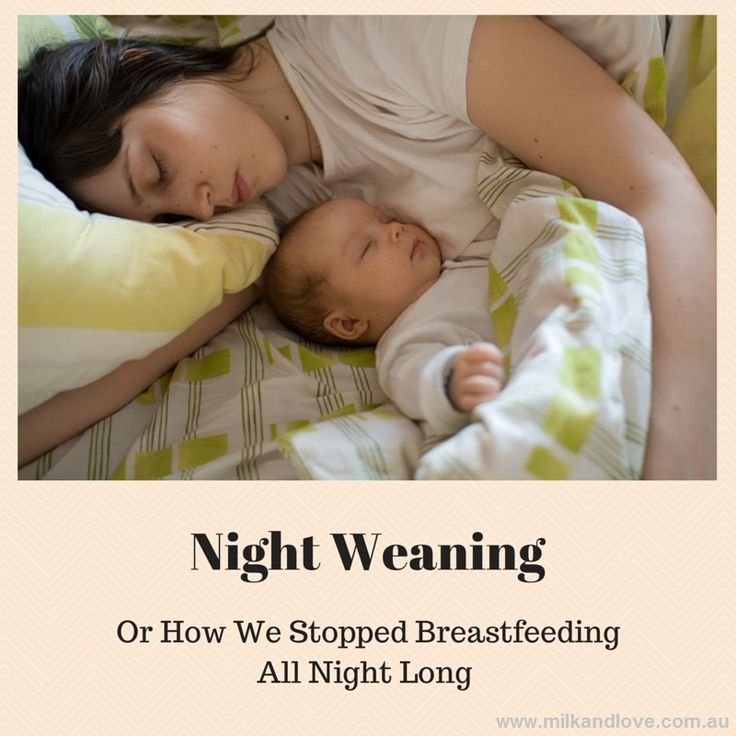 Make sure your child gets enough "adult" food and water throughout the day. The diet is also important to build.
Make sure your child gets enough "adult" food and water throughout the day. The diet is also important to build.
Sleep and food separate
Breastfeeding is almost always a key part of the sleep ritual. Incredibly convenient: the baby eats and immediately goes to sleep. But this bundle must be separated if you are determined to regain a good rest. Feed the baby so that he calms down, relaxes, and eventually falls asleep without a breast.
Practicing self-sleep
The easiest way to reduce night feedings is for children who have mastered the skill of self-sleep: they no longer notice the change in sleep phases and wake up less often.
Connecting dad
Dad, as you know, can do anything. Including rocking a baby who woke up in the middle of the night. Probably, at first, the laying process will be delayed, but gradually the child will get used to it.
Photo: pixabay.comTrying separate sleep
Feeding non-stop, in a dream is a common story for mothers who are no longer able to get up at night.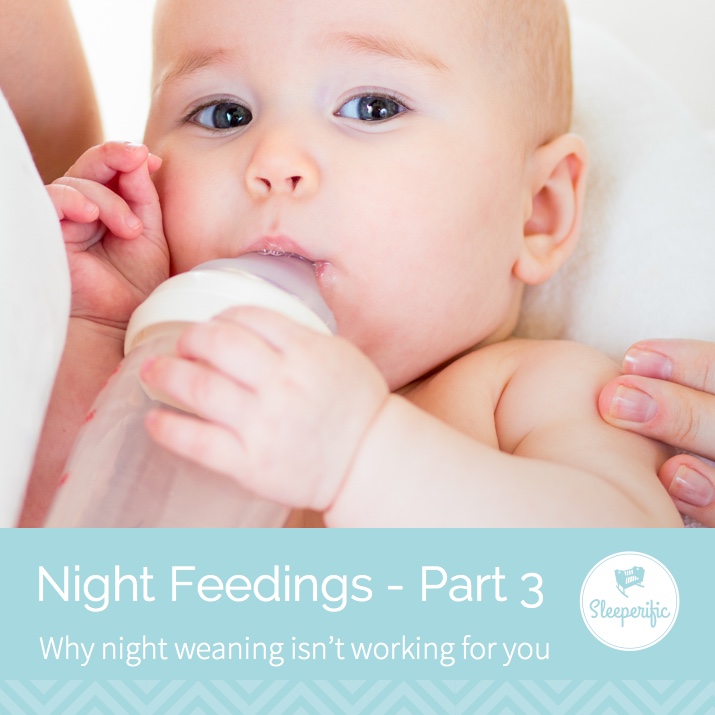 The child settles comfortably under the side, finds food on his own and, having had his fill, falls asleep again. Mom may not even know how many times a night he ate. This habit is probably the most difficult to give up, but without separate sleep, night feedings cannot be removed.
The child settles comfortably under the side, finds food on his own and, having had his fill, falls asleep again. Mom may not even know how many times a night he ate. This habit is probably the most difficult to give up, but without separate sleep, night feedings cannot be removed.
Water and other tricks
Pediatricians disagree on whether to offer water to a child in the middle of the night or not. It will give only a temporary feeling of fullness and will not replace a baby who really wants to eat, milk or formula. If you see that the child did not wake up from hunger, pour him a drink - some water can calm him down (only it should be in a cup, not in a bottle).
A few more life hacks to help reduce the number of nighttime feedings are related to the organization of children's sleep. Cool and humid air in the room, late bathing, performing "sleep" rituals help children fall asleep faster and sleep better. If you reduce the duration of daytime sleep, it is likely that the child will also sleep better at night.
Starting to eliminate night feedings, do not expect an immediate result. This is a leisurely, careful process filled with love and care for the child. Give your baby even more attention during the day than usual. At some point, he will stop waking you up, the feedings will go away, and you will be able to enjoy a full night's rest.
Popular Questions and Answers
Ekaterina Zayets, Lactation Consultant, Pediatrician will help answer questions:
How do you know if your baby is ready to stop feeding at night?
The readiness of both is important: mother and child. If we talk about timely weaning, then this is due to the ability of the mother to transfer their communication to another format - interaction with the breast. Much depends on the resource of the mother, on the support around. All stories that can be stopped only, for example, after two to five years, are in the direction of fanaticism. There are children who, with a competent approach, proper attention and sufficient maternal resource, already at 1. 3 years old perfectly outgrow the internal need and may not be applied to the breast.
3 years old perfectly outgrow the internal need and may not be applied to the breast.
Mistakes that mothers make when starting to clean up night feedings?
They try to remove them too early, often - first of all, being not in the resource, not taking into account the peculiarities of the psyche of their child. Sometimes this happens under pressure from others. As a result, we get a neurosis, perhaps in a child - not a very happy story.
Everything must be done carefully, with basic knowledge. Ideally, the most advanced level is when a mother consults a specialist clearly on her issue (tells how old the child is, how many feedings, etc.). It is optimal to at least read something on this issue, especially if the child is very small - a year and a half. Emotionally, children at this age are not ready for such attacks from the mother.
Many mothers do not understand an important point: if breastfeeding is completely gone (ie, night feeding is the last one), you need to set the daily ration, introduce complementary foods correctly, and make sure that the baby is getting enough liquid. It is with this that mothers most often get consultations, and in extreme cases, children can even end up in a hospital with dehydration, this is not a joke, in fact.
It is with this that mothers most often get consultations, and in extreme cases, children can even end up in a hospital with dehydration, this is not a joke, in fact.
Are there any differences in weaning children of different ages from night feedings?
With older children, of course, there is a fundamental difference, because the situation does not depend on the number of feedings, but is based on an individual approach,
All children are different in temperament, it was laid down initially, at birth, we cannot change it. And each child has its own unique mother, who also has her own temperament.
The surface layer of this situation is a resource. This may be the mother of the first child, who is exhausted (and this is one story), or also the mother of the first child, but she is full of strength, or even the mother of the fifth child, but she has so much energy that she would still feed and feed.
Each case has its own tactics. There is a way when self-weaning is chosen - the child is offered to gradually reduce the share of feedings himself. And he outgrows his needs, he has enough of everything, and his mother remains in the resource. With age, this ends - by the age of 2–2.5 with the right actions.
There is a way when self-weaning is chosen - the child is offered to gradually reduce the share of feedings himself. And he outgrows his needs, he has enough of everything, and his mother remains in the resource. With age, this ends - by the age of 2–2.5 with the right actions.
Advice for mothers whose children after the age of two continue to wake up at night for a snack?
You need to understand what the family needs. If you are generally comfortable and want to continue breastfeeding, continue. If it’s tiring, we always recommend taking a nap during the day, eating well so that calories come in, leaving home - getting an external resource so as not to get hung up on the situation.
It is also important to receive competent information support. Often mothers are afraid of weaning as a fact, but in fact there is a story that you can simply reduce the proportion of feedings for a start, and everyone will be fine.
Watch your child's daily diet: 4-5 meals, drink (water is a priority).






